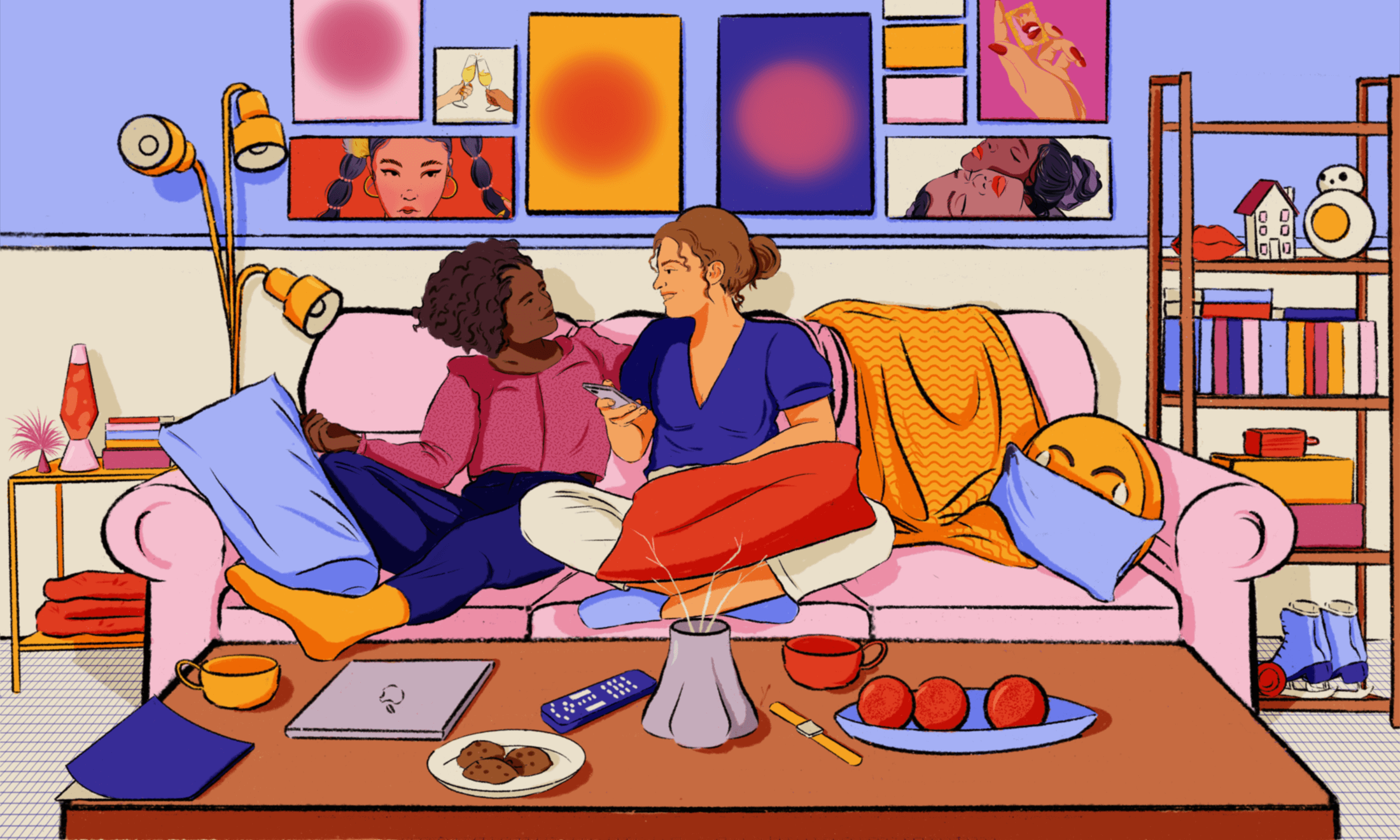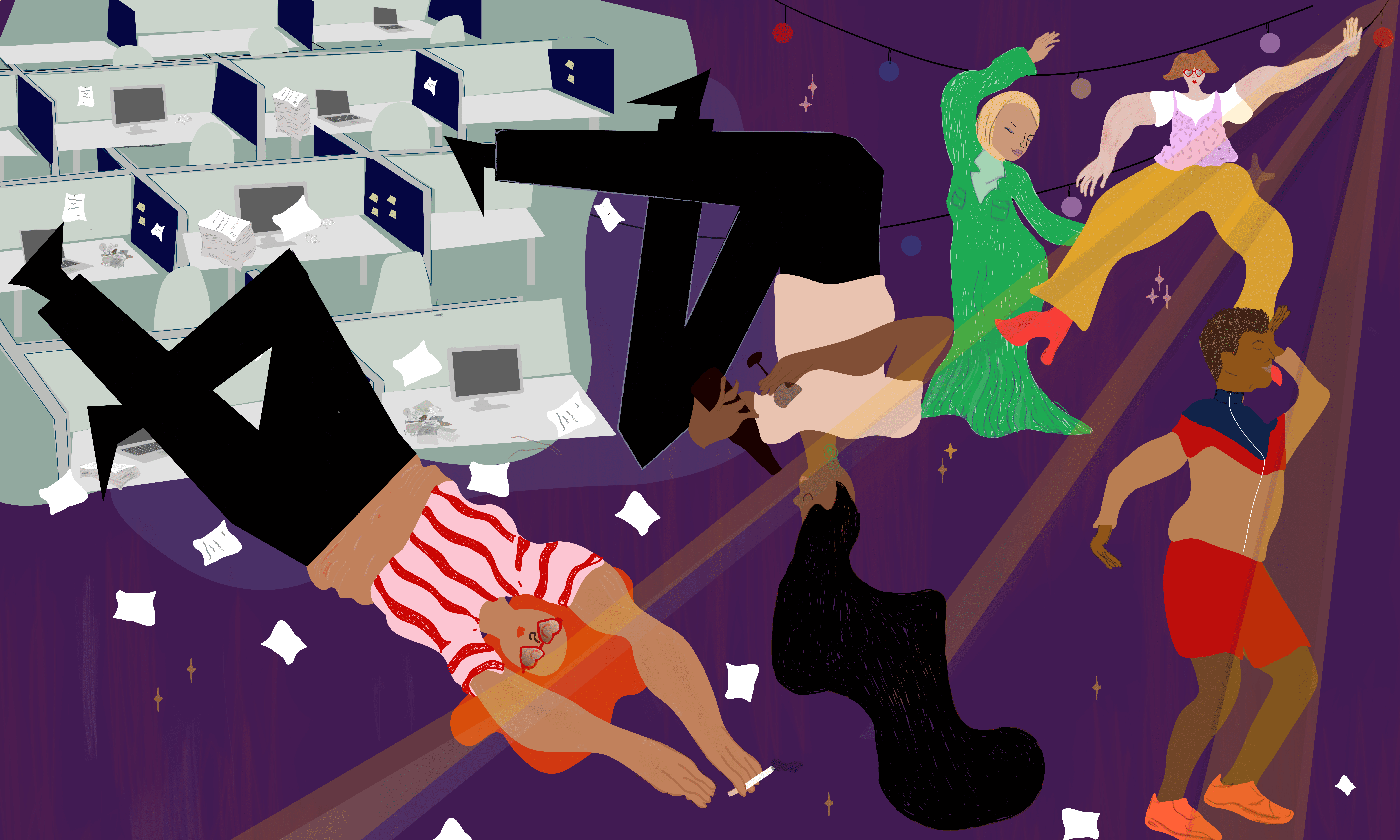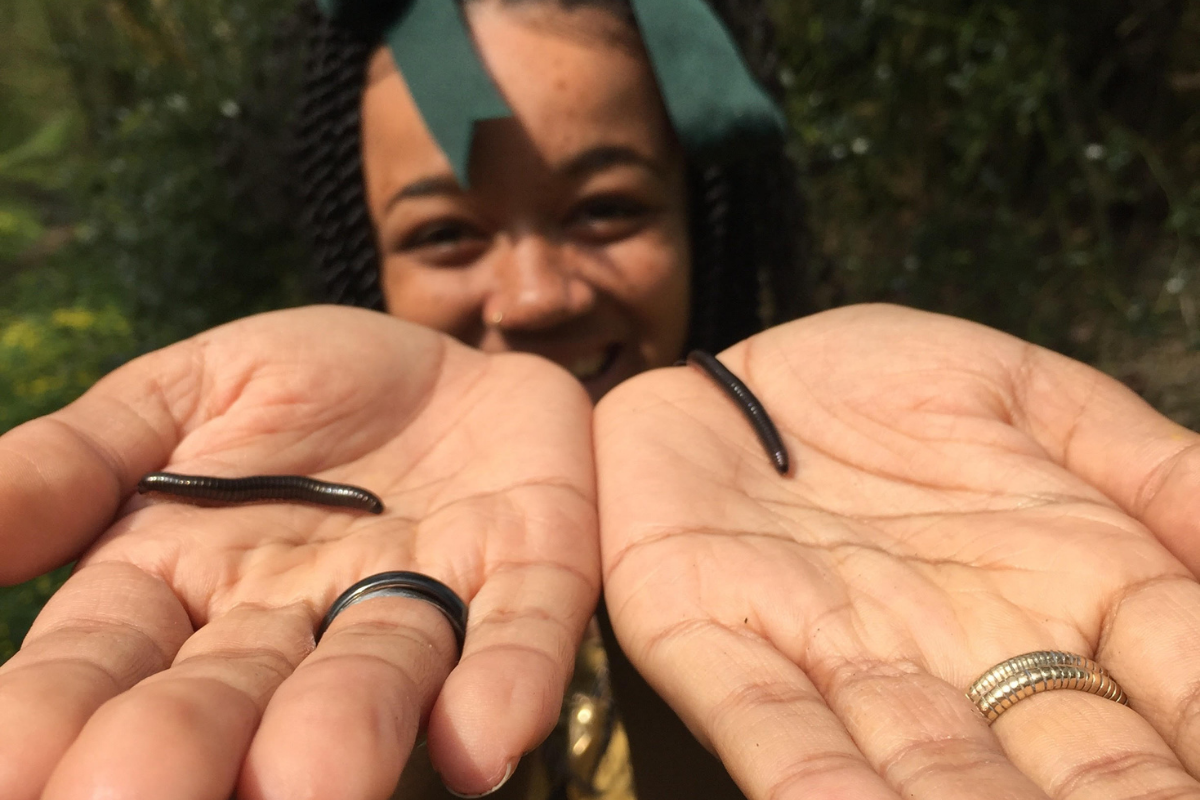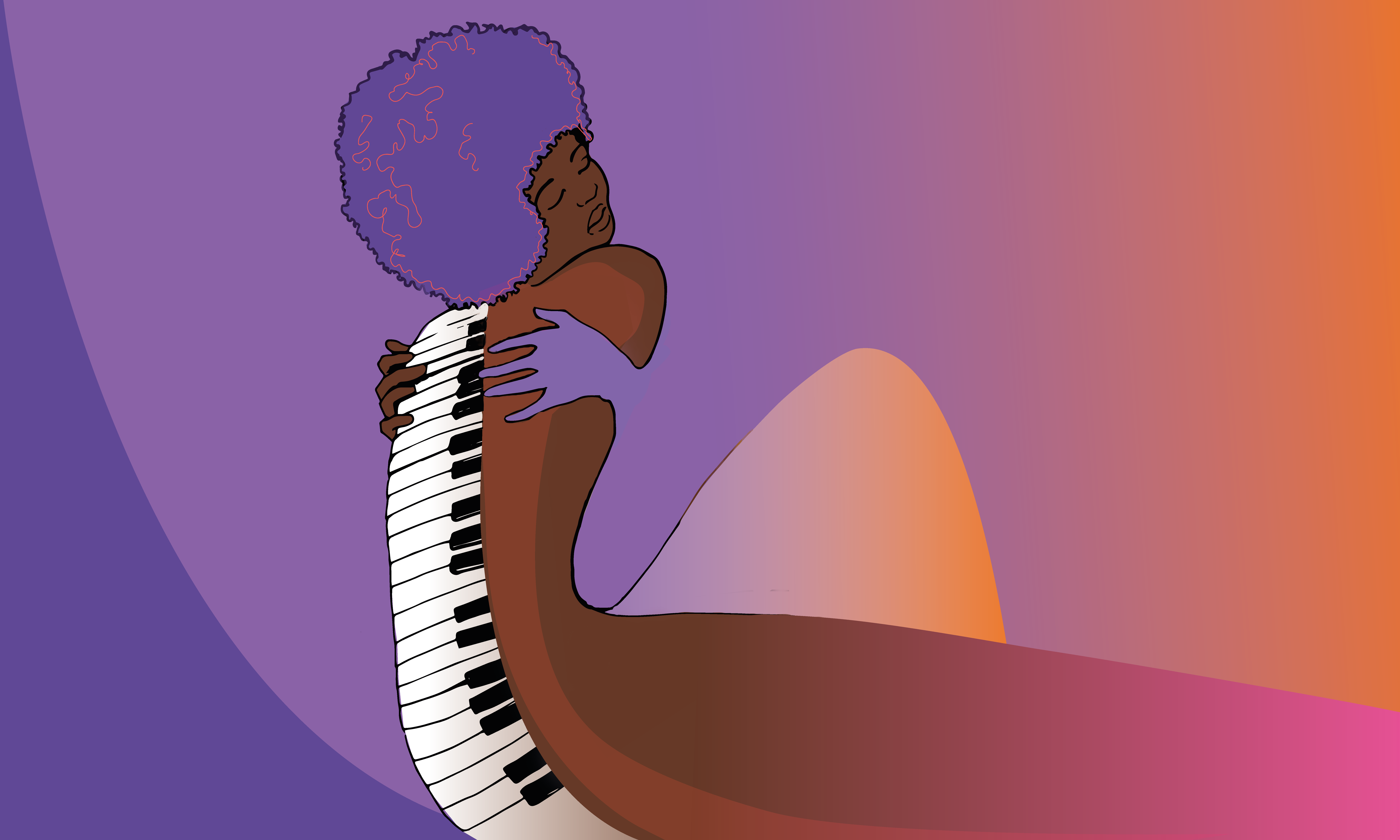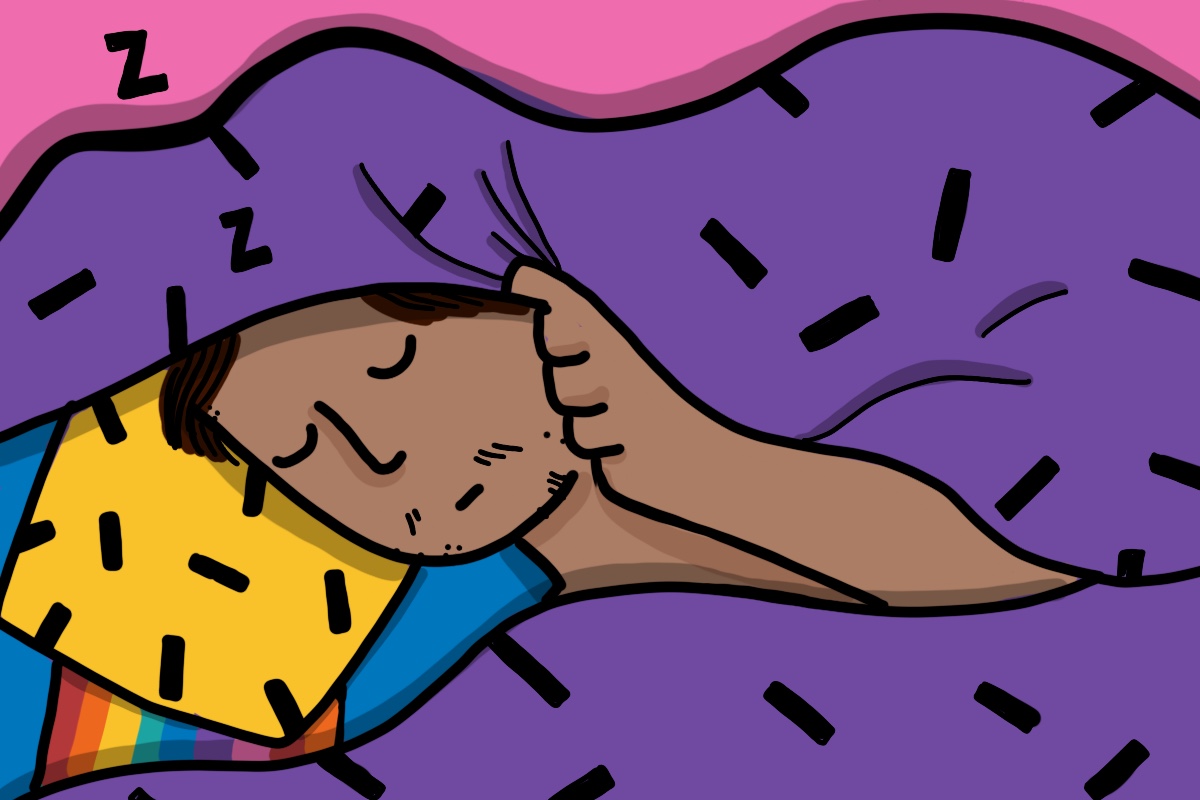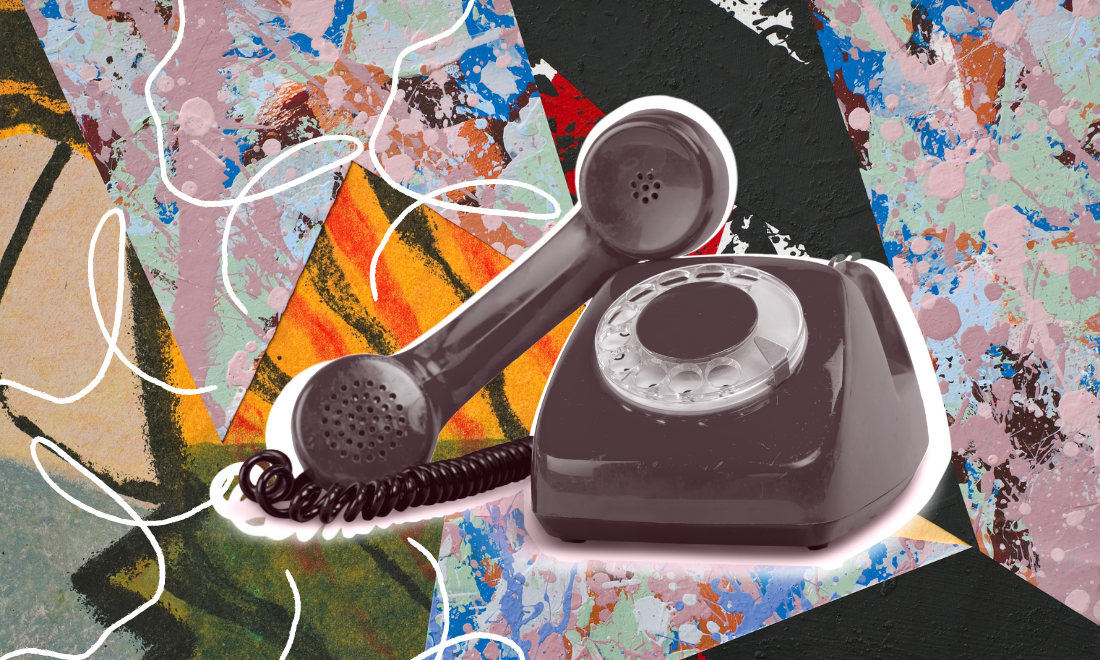
Canva
Relearning to speak to my elders in lockdown
Speaking to older family members can often evoke a nagging sense of obligation, but what if we didn't look at these conversations in this way?
Nali Simukulwa
01 Apr 2021
A year of yo-yoing between the promise of freedom and the reality of confinement has left me yearning for connection, and I have begun looking closer to home to find it.
The lockdown-induced void where my social life ought to be has taken its toll and I’ve found myself trawling the internet to plug the space that conversation once filled. During one afternoon of scrolling, I discovered the YouTube platform The Skin-Deep – I was hooked. The intimate conversation and candid display of emotion was a tonic for my longing. Enamoured by the searching line of questioning, I reflected. I too wanted to dig beyond the surface with the people in my life.
Later that week, my mum suggested we ring my grandma. I felt the usual tug of obligation that the request triggers; a nagging feeling of inadequacy that pushes me to self-censorship. But, with the sentimentality of watching strangers bond fresh in my mind, I pondered this feeling. What if I were to jettison my inhibitions and have a probing conversation with my grandma? Could we replicate the gossip I had with my friends’ parents?
“My mum suggested we ring my grandma. I felt the usual tug of obligation that the request triggers”
“Who was your first kiss grandma?” I’d ask and watching her expression twist in confusion, I would remember the transgression of such a question in Zambian culture. In the lilting cadence of the Bemba I hardly understand and then again in English, she would reply, narrowing her twinkling eyes, “Eh? What are you asking me?” Embarrassed by my own ignorance, I would bring up the wellbeing of my parents; retreating into safe topics of conversation. Growing up in England has distanced me from my culture and now when I speak to my elders, I am gagged by the fear of saying the wrong thing.
This reticence spawned on an adolescent visit to Zambia. The moment the plane landed, I felt my difference emanate from me like an aura. It lurked, an unwelcome participant in every conversation I had. I heard it in my voice as my scouse accent contorted my pronunciation of native words until the original Nyanja hung stultified in the air. My attempts to communicate were met with bemused chuckles from family as they witnessed me grapple with the gaps in my cultural knowledge.
In hindsight, I see that my family’s reactions were not malicious. Rather, I was experiencing culture shock compounded with the overwhelming teenage desire to belong and those exchanges were reminders of a fragmented identity that I couldn’t reconcile. Lacking such perception at the time, for the remainder of the trip I chose silence. At mealtimes I sat meekly, scooping Nshima (a stiff porridge), watching rich stew pool under my fingernails. Conversation flowed around me and I struggled to understand as languages mingled. If family members did engage with me, I stuck to a repetitive script. School was good. England was cold. Yes, next time I would bring them a nice gift. Seeing CBBC as a viewing option on the plane home, I breathed a sigh of relief. It was a welcome marker of my return to a world I understood.
“The silent facade I constructed among family persisted for many years and as I grew to accept my gayness – a factor that warrants my arrest in Zambia – my lips sealed tighter”
The silent facade I constructed among family persisted for many years and as I grew to accept my gayness – a factor that warrants my arrest in Zambia – my lips sealed tighter. Until one day as I sat, watching raindrops slide down the window of my student flat and became overcome with the need to hear my grandma’s voice. Perhaps the feeling of rootlessness triggered by too many new faces made me seek such familiarity but for the first time in my life, I rang my grandma.
I told her about my day; the crackling line reminded us of the connection being forged. She told me that she prays for me, that I make her proud. Her health has been a persistent worry but she told me that the doctors have given her the OK and I felt my hesitations dissipate. Soothed by her voice, I realised that in my self-protective silence, I had inadvertently allowed a single notion of tell-all closeness to set a benchmark for all my relationships. Devoid of cultural nuance, I had let myself believe the only legitimate connections were forged on divulgence. In speaking to my grandma, I realised that this isn’t true. Straddling two cultures means there are different sets of boundaries that I must navigate however, I have learned that doing so needn’t come at the expense of my authenticity.
I continue to call my grandma often. Recently, I showed her my snow-filled street and grinned as she called me a Mzungu (white person) for braving the cold. Her slick humour reminds me that despite our differences, we are so alike. We discuss the minutiae of our lives and her gentle, open smile makes me wonder why I ever was so afraid. Speaking to my elders brings me a sense of peace, one I had previously been missing out on but I intend to make the most out of the moments we have left together.

